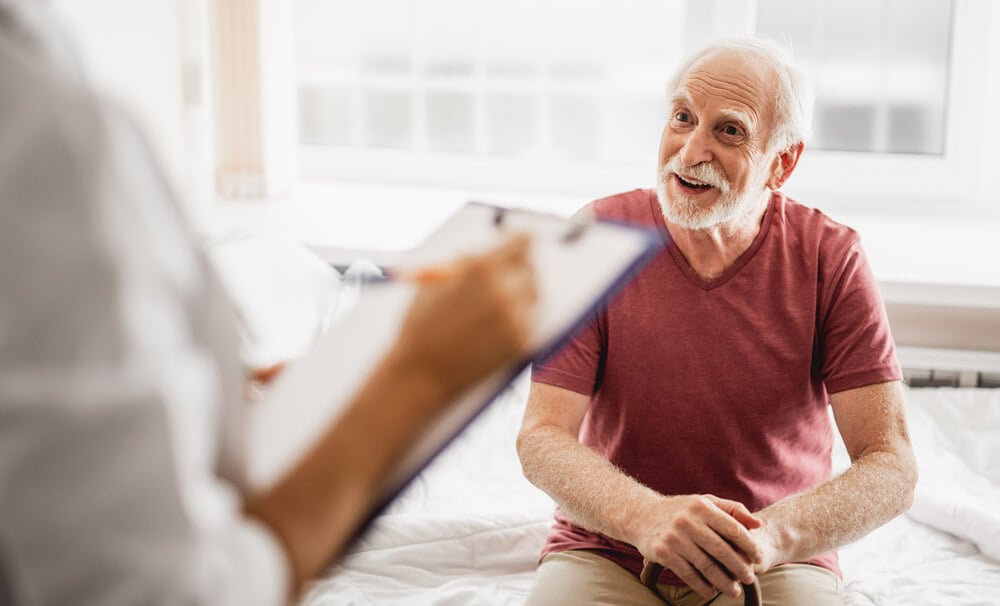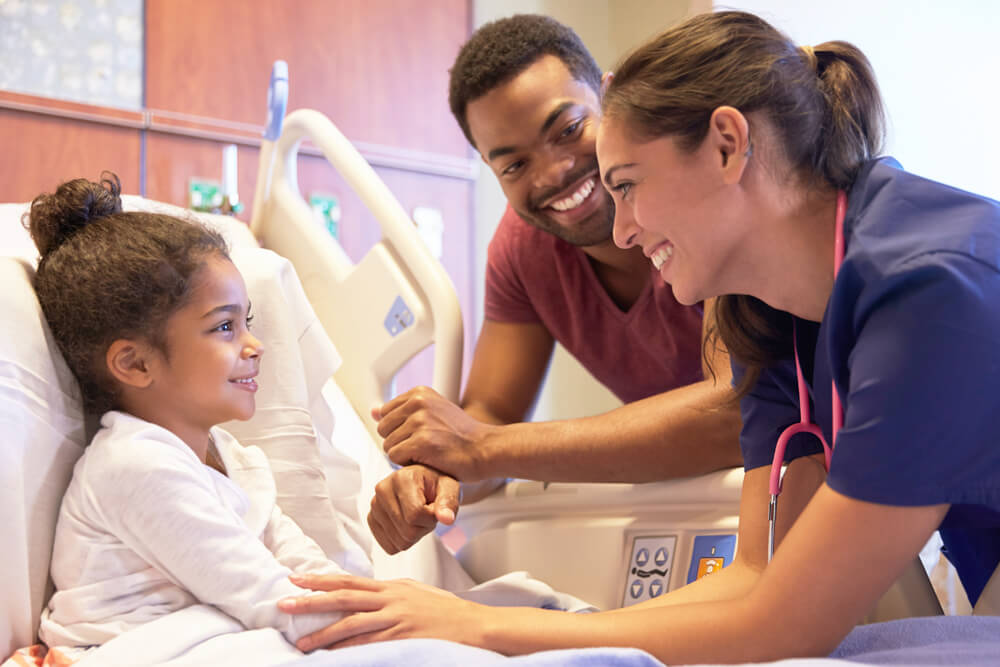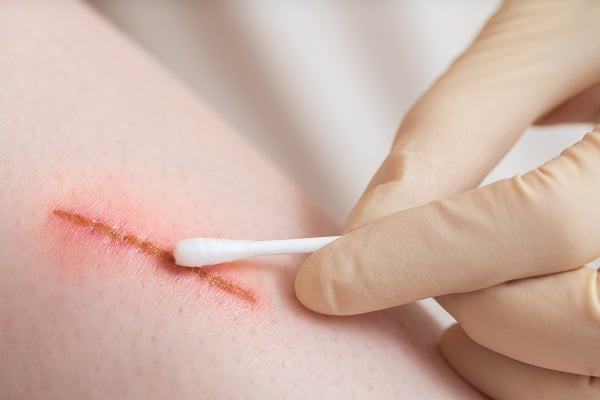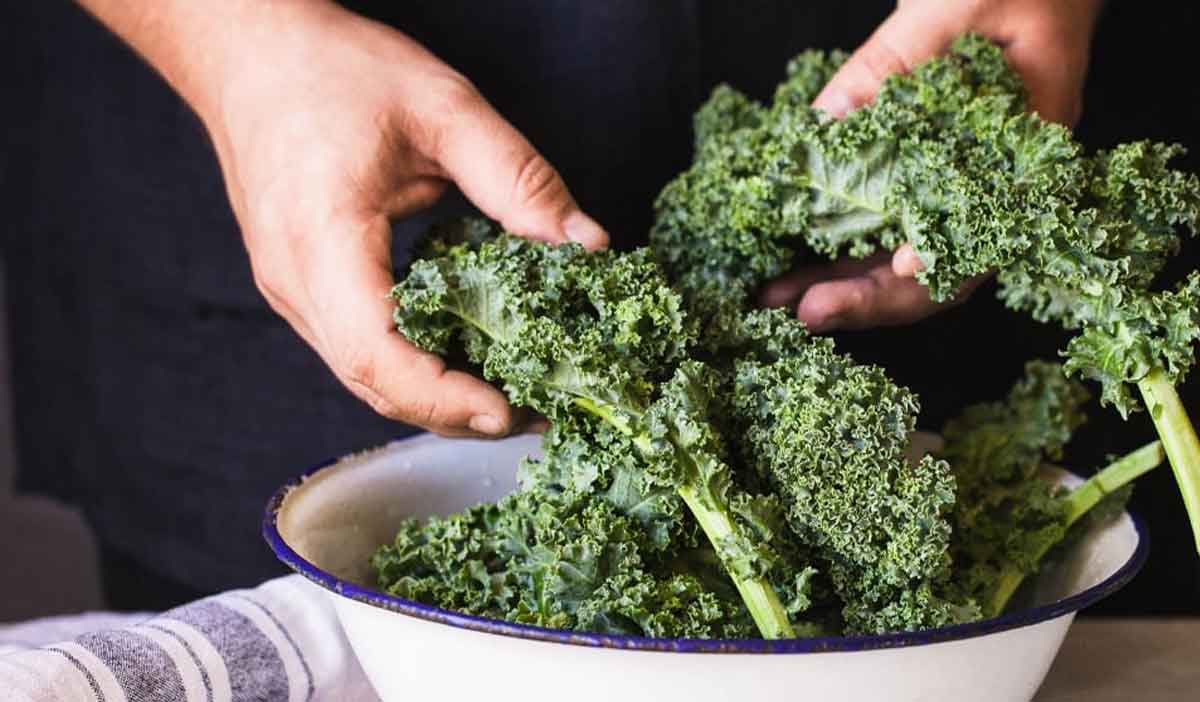Myth buster: why you're avoiding a colonoscopy
Posted on Mar 26, 2021 3:34:51 PM | General surgery

You have probably seen it before... a social media post highlighting colorectal cancer awareness month. Did that Facebook post encourage you to get a colonoscopy? Chances are, probably not. The fear and myths associated with colonoscopies tend to shy people away from getting the very necessary screening that could save their life. Colorectal cancer is the third most common cancer in both men and women, and more than half of those cases could be prevented with proper screening.
Read More





